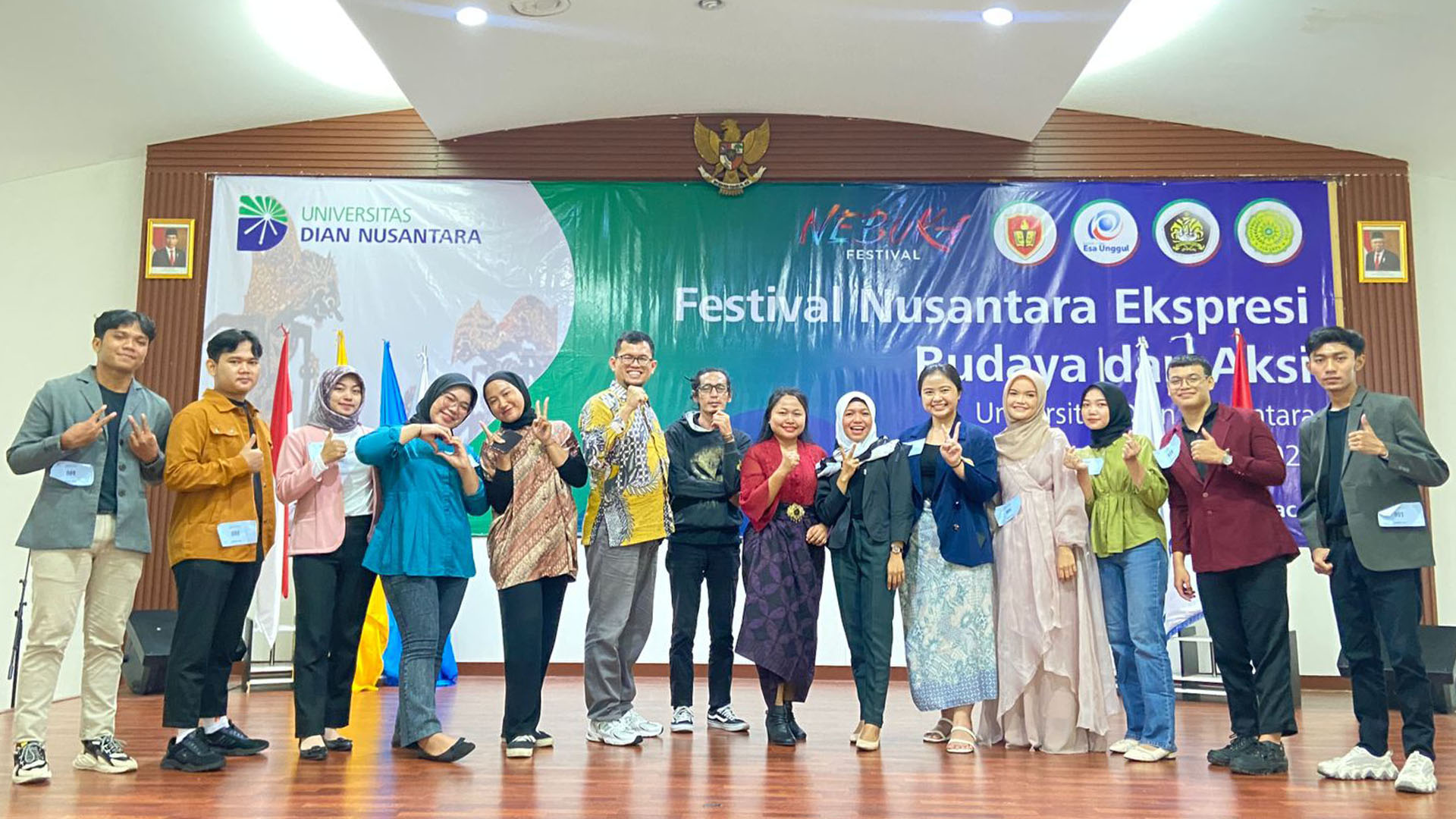UNDIRA Supports EV Battery Development in Indonesia Through International Battery Summit 2024

On 29 July 2024 was held at the Mulia Hotel, one of the events that provides education on the development of renewable energy, namely, the International Battery Summit. The International Battery Summit is an event held by NBRI (National Battery Research Institute) which explores various topics related to how the progress of energy renewal through batteries can not only help the environment but also boost Indonesia's position in international global cooperation.
The event was also attended by several state figures such as the Coordinating Minister for Maritime Affairs and Investment of Indonesia, Mr Luhut Binsar Pandjaitan and Dr Moeldoko as the Chief of Staff of the President of Indonesia along with foreign investors as well as academics who attended the event. On this occasion, Prof. Evvy Kartini as the founder of NBRI gave a speech that in the International Battery Summit event to not only as a discussion forum for energy renewal but also as a place to attract investors to the development of renewable energy research in Indonesia and put forward Indonesia as an independent battery development QA and QC location.
Through the opening, Prof. Evvy also explained the history of the formation of NBRI in 2020 which was established by a collaboration established by various parties engaged in battery research and development. According to Prof Evvy, "Although Indonesia has the amount of Nickel that allows for battery development, it should be noted that the amount of battery emancipation in Indonesia is still quite low, which can be seen from the few charging stations that exist and the minimal use of EVs in certain classes," said the founder of NBRI. Battery standardisation is also a problem because Indonesia does not yet have optimal safety checking to lead the public to trust the use of battery EVs.
Prof Alan J. Drew, Director of Materials Research Institute, Queen Mary University of London, United Kingdom, said that "70% of CO2 emissions in Indonesia come from coal and fossil fuels". Therefore, cooperation between countries is needed to reduce excessive carbon emissions through renewable energy, but this has the following challenges:
-
Political and Ethical Issues that debate where the renewable energy can be sourced from, leading to lack of realisation and high ambition
-
No standardisation of EV batteries in Indonesia due to lack of manpower and level of research and development.
-
Indonesia is a developing country. Because of this, there will be several problems in disseminating the concept of renewable energy, especially EVs. These include but are not limited to the aspects of User Identity, User behaviour, and User knowledge.
-
There is a lack of infrastructure that allows people to travel long distances using EVs.
In addition to activities that refer to the development of facilities and infrastructure, the channeling and good relations between suppliers and producers are key in the circulation of battery development. The downstreaming or management of raw materials from existing Nickel suppliers while increasing the value of Indonesia as one of the largest nickel suppliers in the world. Of course, it will help better management of raw materials. This will develop the Domestic Component Level (TKDN) through the development of supply chain improvement and local resource development, of course, increasing industrial independence through investors interested in EV in Indonesia.
Both events took place in order to present research and innovation related to the theme of achieving eco-friendly. On this occasion, the research presentation was divided into two categories of science and social. Through the science approach, experts from Queen Mary University such as prof. Vanessa and prof. Dr. Silke Christiansen each delivered material related to neutron imaging techniques that allow more detailed visualisation of an object at the atomic level along with the existence of alternative materials that can be used in battery manufacturing, which are safer in manufacturing, namely Ceramics.
On the Batavia Transdisciplinary Symposium (BTS) side, there was also the delivery of material by several UNDIRA lecturers related to optimising the use of human resources and socialites in the development of an eco-friendly Indonesia. Through varied presentations ranging from how a novel allegory that concerns the relationship and systematics of how a novel that relates how socialites handle hospitality with the environment. In addition, other materials such as how visual communication and public engagement can influence the delivery of messages on certain issues, and persuade the public in making decisions, especially in this era of globalisation.
With the cooperation between countries in research and development of battery systems and awareness of the concept of an eco friendly future with renewable energy, along with the collaboration between Queens Mary, National Battery Research Institute and Dian Nusantara University, it is hoped that a concrete solution will be achieved, especially for EVs in Indonesia.
(Danang Respati Wicaksono / HUMAS UNDIRA)
Press Contact :
Biro Humas & Sekretariat Universitas Dian Nusantara
Facebook : www.facebook.com/undiraofficial
Instagram : www.instagram.com/undiraofficial
Twitter : www.twitter.com/undiraofficial
www.undira.ac.id
Other

Inaugural; NEBUKA Festival 2023 as Follow-Up MoU Consortium of 5 Universities
Read more.jpg)
Facing Global Challenges, Universitas Dian Nusantara Holds WEBINAR: Analyzing National Resilience and Sustainability Strategies Through SDGs
Read more
Get-to-Know: Dr. Erfiana Wahyuningsih, S.T., M.T., Shares Her Academic Story
Read more
Campus Tanjung Duren
Jln. Tanjung Duren Barat II No. 1
Grogol, Jakarta Barat. 11470
Campus Green Ville
JIn. Mangga XIV No. 3
Campus Cibubur
Jln. Rawa Dolar 65
Jatiranggon Kec. Jatisampurna, Bekasi. 17432







